Pre-workout supplements have gained significant popularity among fitness enthusiasts looking to enhance their athletic performance and maximize their workouts. These supplements are designed to provide an extra boost of energy, focus, and endurance, often containing a combination of ingredients such as caffeine, creatine, beta-alanine, and more.
While many people use pre-workout supplements without any issues, concerns have been raised regarding their potential link to hair loss. In this article, we will delve into the scientific evidence to explore the connection between pre-workout supplements and hair loss. Our aim is to provide clarity and separate fact from fiction, allowing individuals to make informed decisions about their fitness and hair care routines.
Understanding Pre-Workout Supplements
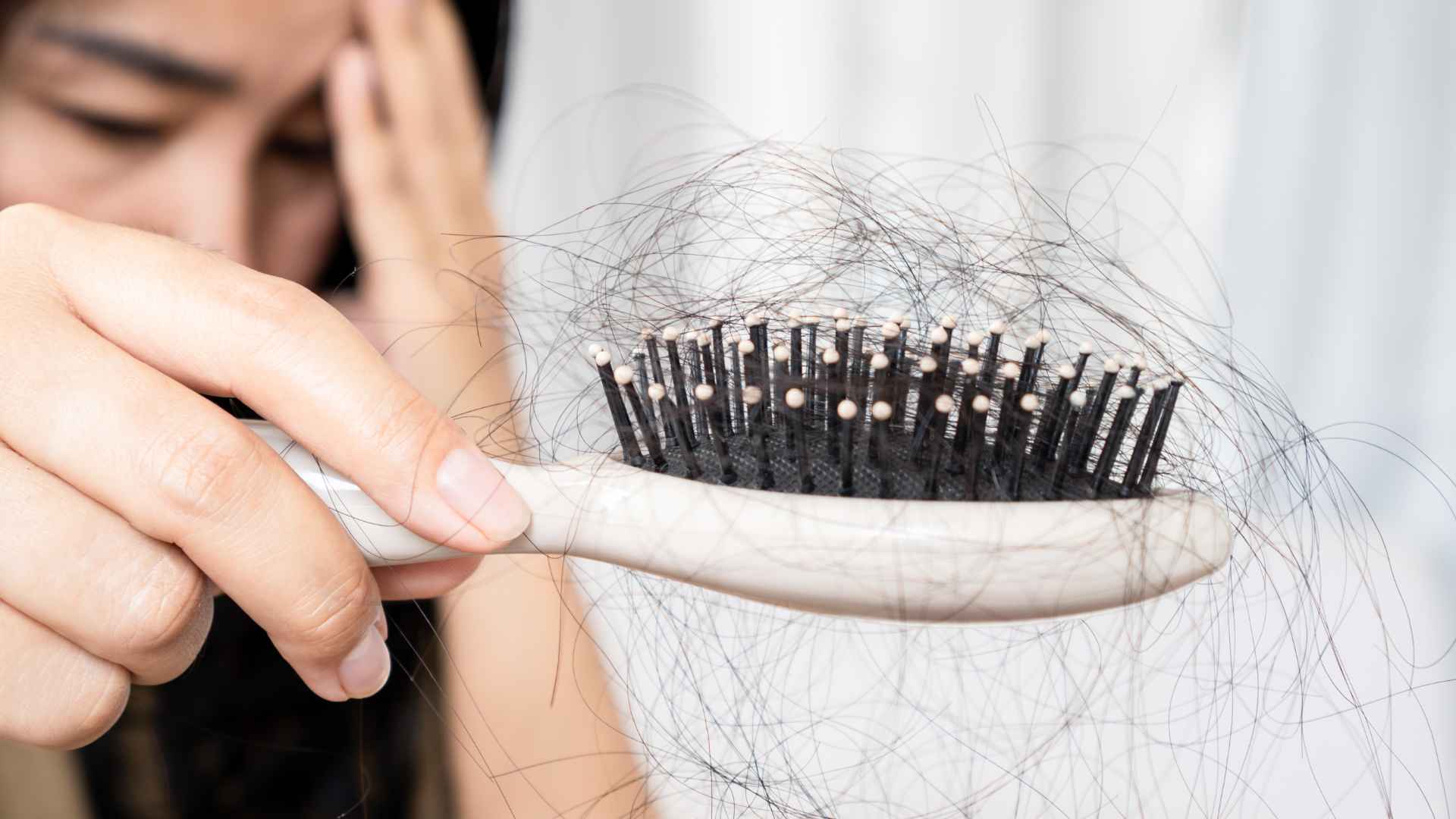
Pre-workout supplements are specially formulated dietary supplements designed to enhance athletic performance and optimize workouts. They typically come in powder or pill form and are consumed shortly before exercise. Let’s explore what pre-workout supplements are, their common ingredients, their purpose, and the benefits they offer:
Definition and Ingredients:
- Pre-workout supplements are a category of dietary supplements that contain a blend of ingredients formulated to support physical performance during exercise.
- Common ingredients found in pre-workout supplements include caffeine, creatine, beta-alanine, branched-chain amino acids (BCAAs), citrulline malate, and various vitamins and minerals.
Purpose and Usage:
- The primary purpose of pre-workout supplements is to enhance energy levels, focus, endurance, and overall exercise performance.
- Athletes and fitness enthusiasts often use pre-workout supplements to increase motivation, mental alertness, and physical output during their training sessions.
- These supplements are typically taken 20-30 minutes before a workout to allow the ingredients to be absorbed and exert their effects.
Benefits of Pre-Workout Supplements:
- Increased Energy: Pre-workout supplements often contain stimulants like caffeine, which can provide an energy boost, combat fatigue, and increase exercise intensity.
- Enhanced Focus and Mental Clarity: Some pre-workout supplements include ingredients like tyrosine or choline, which may enhance cognitive function and help maintain focus during workouts.
- Improved Endurance and Performance: Ingredients like beta-alanine and citrulline malate can help delay fatigue, reduce muscle soreness, and improve overall exercise capacity.
- Muscle Building and Recovery Support: Certain pre-workout supplements contain ingredients like creatine, BCAAs, and glutamine, which may aid in muscle growth, recovery, and protein synthesis.
It is important to note that pre-workout supplements can vary in their formulations and ingredient profiles. Always read and follow the instructions provided by the manufacturer and consult with a healthcare professional before incorporating any new dietary supplement into your routine.
Hair Loss: Causes and Types
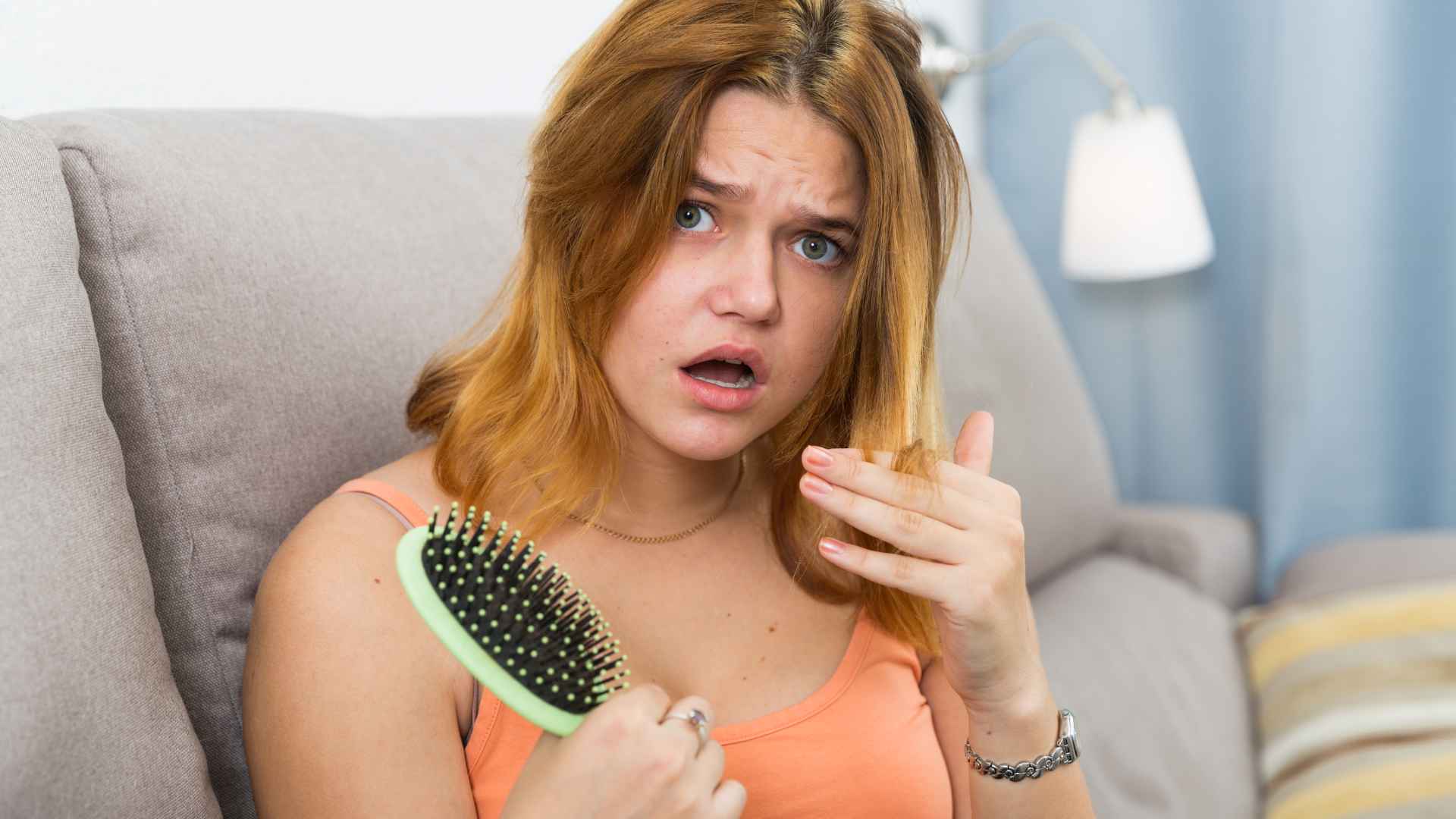
Hair loss, medically known as alopecia, is a common condition that affects both men and women. Understanding the causes and types of hair loss is essential in exploring the potential link between pre-workout supplements and hair loss. Let’s take a closer look:
Overview of Hair Loss Causes:
- Hair loss can occur due to various factors, including genetics, hormonal changes, medical conditions, nutritional deficiencies, medications, and certain lifestyle factors.
- In many cases, multiple factors can contribute to hair loss, making it a complex condition that varies from person to person.
Types of Hair Loss:
a. Genetic Hair Loss (Androgenetic Alopecia):
- Androgenetic alopecia, often referred to as male or female pattern baldness, is the most common form of hair loss.
- It is primarily influenced by genetics and hormonal factors. In men, it typically presents as a receding hairline and thinning on the crown, while women may experience overall thinning of the hair.
b. Stress-Related Hair Loss:
- Emotional or physical stress can lead to a type of hair loss known as telogen effluvium.
- During periods of intense stress, a large number of hair follicles can prematurely enter the resting (telogen) phase, resulting in excessive shedding and noticeable hair thinning.
c. Nutritional Deficiencies:
- Inadequate intake of essential nutrients, such as iron, zinc, vitamin D, and B vitamins, can contribute to hair loss.
- Poor diet, restrictive eating patterns, or certain medical conditions that affect nutrient absorption can lead to nutritional deficiencies, which may impact hair health.
Importance of Balanced Diet and Overall Health:
- Maintaining a balanced diet and overall health is crucial for healthy hair growth and minimizing hair loss.
- Nutrients like proteins, vitamins (especially biotin and vitamin E), minerals (such as iron and zinc), and healthy fats play a vital role in supporting hair health.
- A balanced diet rich in fruits, vegetables, lean proteins, whole grains, and healthy fats can provide the necessary nutrients for optimal hair growth and overall well-being.
It is important to note that pre-workout supplements, when used as directed and in moderation, are unlikely to be a direct cause of hair loss. However, the overall impact of lifestyle choices, including exercise, nutrition, and supplement use, can contribute to hair health. Consulting with a healthcare professional can help determine the underlying causes of hair loss and provide personalized guidance for maintaining healthy hair.
Common Ingredients Found in Pre-Workout Supplements That Are Speculated to Contribute to Hair Loss.
Pre-workout supplements often contain a combination of ingredients, and some individuals speculate that certain components may contribute to hair loss. Let’s examine specific ingredients found in pre-workout supplements, such as caffeine, creatine, and steroids, and their potential effects on hair health:
Caffeine:
- Caffeine is a common ingredient in pre-workout supplements known for its stimulant properties.
- There is limited scientific evidence suggesting a direct link between caffeine consumption and hair loss. Moderate caffeine intake is generally considered safe and unlikely to cause significant hair loss.
- In fact, some studies suggest that topical application of caffeine may have potential benefits for hair growth by stimulating hair follicles.
Creatine:
- Creatine is a popular supplement used to enhance muscle strength and performance.
- Research on the direct relationship between creatine supplementation and hair loss is limited, and no significant evidence supports a causal link between creatine and hair loss.
- It’s important to note that any potential hair loss associated with creatine use may be more related to other factors, such as hormonal changes or genetic predispositions, rather than the creatine itself.
Steroids:
- Steroids, including anabolic steroids, are substances that some individuals misuse to enhance athletic performance. They are not typically found in commercial pre-workout supplements.
- Misuse of anabolic steroids can have severe side effects, including hormonal imbalances and potential hair loss. However, this is unrelated to the typical use of pre-workout supplements and should not be a concern for those using reputable, commercially available products.
It is essential to approach claims regarding the impact of specific ingredients on hair loss with caution. The existing scientific evidence does not support a direct causal link between the ingredients commonly found in pre-workout supplements and significant hair loss. Factors such as genetics, hormonal imbalances, nutritional deficiencies, and overall health are more likely contributors to hair loss.
It is always recommended to consult with healthcare professionals, including registered dietitians, nutritionists, and medical experts, to discuss any concerns about hair loss and determine the most appropriate course of action.
Scientific Studies and Evidence
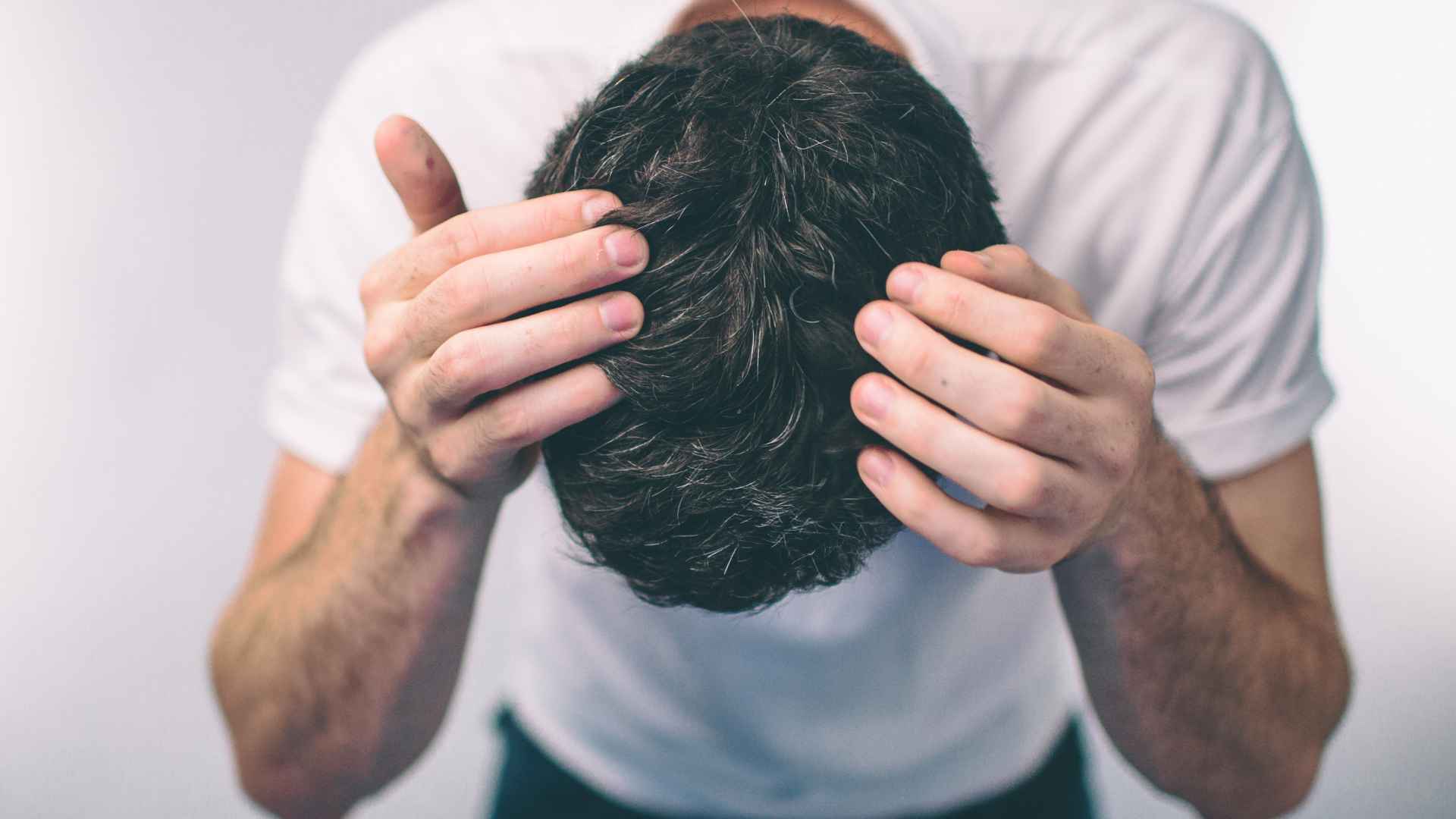
Scientific studies exploring the specific relationship between pre-workout supplements and hair loss are limited. However, several studies have investigated the impact of certain ingredients commonly found in pre-workout supplements on hair health. Let’s provide an objective overview of the existing scientific literature on this topic:
Caffeine:
- Some studies have shown that topical application of caffeine may have a positive effect on hair growth. Caffeine stimulates the hair follicles and prolongs the anagen (growth) phase of the hair cycle.
- However, no significant evidence suggests that caffeine consumption through pre-workout supplements or other sources directly leads to hair loss.
Creatine:
- Limited research exists regarding the direct relationship between creatine supplementation and hair loss. The available studies do not provide substantial evidence to support a causal link between creatine use and significant hair loss.
- Any potential hair loss associated with creatine use may be attributed to other factors, such as hormonal changes or genetic predispositions.
Steroids:
- The misuse of anabolic steroids, not typically found in commercial pre-workout supplements, can lead to hormonal imbalances and potential hair loss.
- However, it is important to distinguish the misuse of anabolic steroids from the responsible use of commercially available pre-workout supplements.
Overall, the existing scientific literature does not provide conclusive evidence supporting a direct causal relationship between pre-workout supplements and significant hair loss. It is crucial to consider other factors that play a more significant role in hair health, such as genetics, hormonal imbalances, nutritional deficiencies, and overall health.
It is worth noting that individual responses to ingredients and supplements can vary. If you have specific concerns about hair loss related to pre-workout supplements or any other dietary supplements, it is advisable to consult with healthcare professionals, such as registered dietitians, nutritionists, or medical experts. They can provide personalized advice based on your unique circumstances and guide you in making informed decisions about your supplementation routine.
Lifestyle Factors and Hair Loss
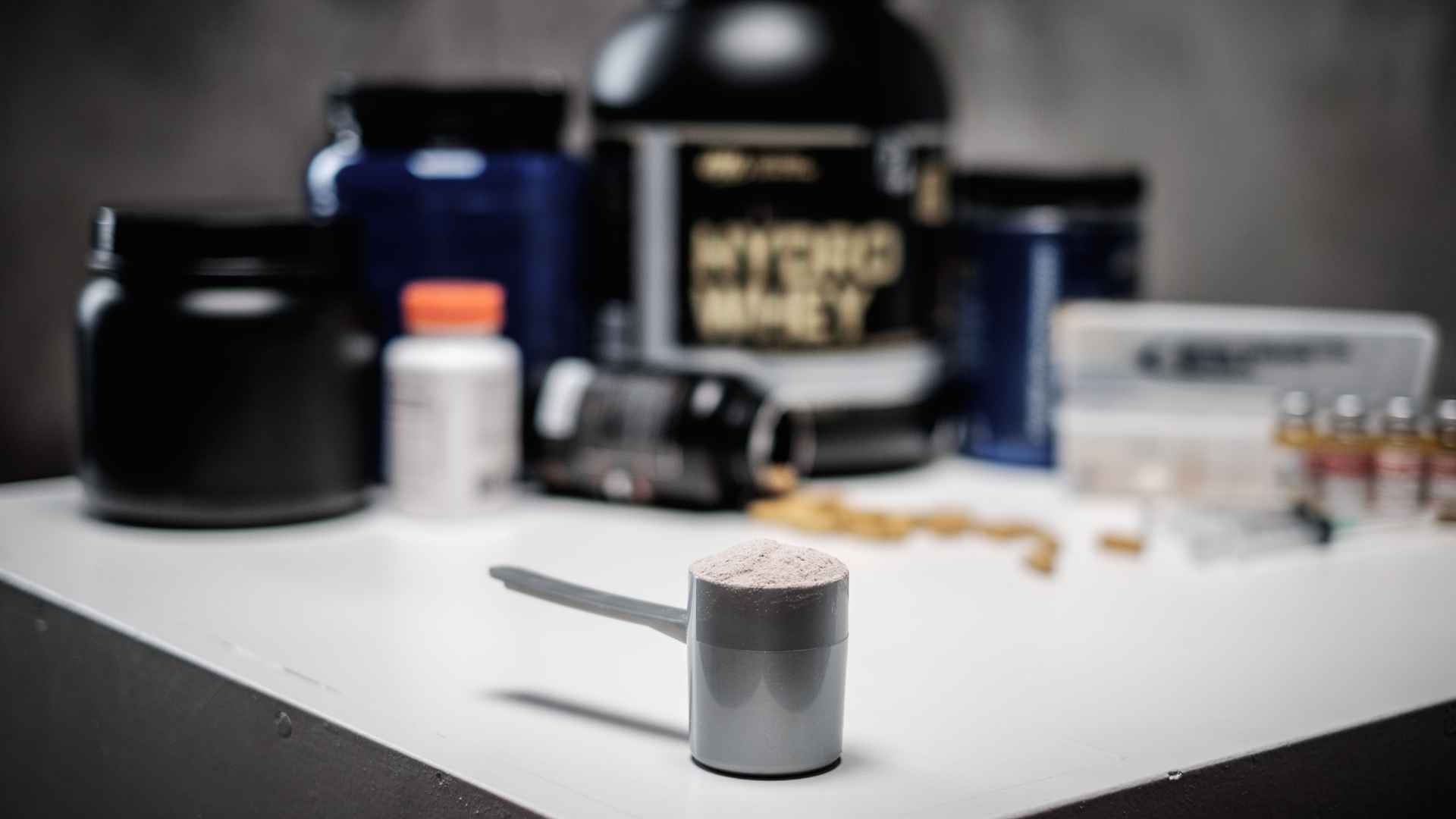
Lifestyle factors play a crucial role in maintaining overall hair health, and they can interact with the use of pre-workout supplements. Let’s discuss the impact of lifestyle factors, such as stress, sleep, and nutrition, on hair health, and how they may contribute to hair loss in conjunction with pre-workout supplement use:
Stress:
- Chronic stress can disrupt the normal hair growth cycle and contribute to hair loss.
- Intense exercise, coupled with high-stress levels, can put additional stress on the body and potentially impact hair health.
- Combining the stimulating effects of pre-workout supplements with already elevated stress levels may exacerbate the potential risk of hair loss.
Sleep:
- Inadequate sleep or poor sleep quality can disrupt hormone regulation and increase stress levels, potentially affecting hair health.
- Consistently getting enough restful sleep supports overall well-being, including hair health.
Nutrition:
- A balanced diet that includes essential nutrients, vitamins, and minerals is crucial for healthy hair growth.
- Poor nutrition, including restrictive eating patterns or nutrient deficiencies, can contribute to hair loss.
- If pre-workout supplements are used in conjunction with an inadequate diet, it may increase the risk of nutritional deficiencies that can impact hair health.
Maintaining a Balanced Lifestyle for Hair Health:
Manage Stress:
- Incorporate stress management techniques such as regular exercise, meditation, deep breathing, or engaging in activities that promote relaxation.
- Consider consulting a healthcare professional or therapist for guidance in stress management.
Prioritize Sleep:
- Establish a consistent sleep routine and aim for 7-9 hours of quality sleep each night.
- Create a sleep-friendly environment by ensuring a comfortable mattress, reducing exposure to electronic devices before bed, and practicing good sleep hygiene.
Follow a Balanced Diet:
- Consume a varied diet rich in fruits, vegetables, whole grains, lean proteins, and healthy fats.
- Consider consulting with a registered dietitian or nutritionist to ensure you meet your nutritional needs.
Moderation in Supplement Use:
- Use pre-workout supplements as directed and in moderation, avoiding excessive or prolonged use.
- Consider discussing supplement use with a healthcare professional to ensure it aligns with your overall health and fitness goals.
By prioritizing stress management, sleep quality, and a balanced diet, you can promote overall hair health while using pre-workout supplements or engaging in intense exercise. It is crucial to maintain a holistic approach to wellness, considering the interplay of various lifestyle factors for optimal hair health and minimizing the risk of hair loss.
Personal Experiences and Anecdotal Evidence
Anecdotal evidence and personal experiences are often shared by individuals who claim to have experienced hair loss related to pre-workout supplement use. While these accounts are important to consider, it is crucial to recognize their limitations when drawing definitive conclusions. Here’s why:
Subjectivity and Bias:
- Personal anecdotes are subjective and can be influenced by individual perceptions, beliefs, and biases.
- It is important to acknowledge that what one person experiences may not be applicable to everyone, as individual responses to supplements and hair loss can vary significantly.
Lack of Scientific Rigor:
- Anecdotal evidence lacks the scientific rigor and control needed to establish a causal relationship.
- Personal experiences may be influenced by various confounding factors, making it challenging to isolate the specific impact of pre-workout supplements on hair loss.
Placebo Effect and Expectations:
- The placebo effect can influence individual experiences and perceptions of hair loss.
- Expectations and beliefs about the potential side effects of pre-workout supplements can influence how individuals interpret and attribute their hair loss experiences.
Scientific Evidence and Research:
- To draw definitive conclusions, it is important to rely on scientific studies that employ rigorous research methodologies and consider a larger sample size.
- Scientific evidence provides more objective and reliable information regarding the potential effects of pre-workout supplements on hair health.
While personal experiences and anecdotal evidence can provide insights and raise awareness about potential associations, they cannot be considered conclusive evidence. It is essential to consider scientific studies and research findings when evaluating the relationship between pre-workout supplements and hair loss.
If you have concerns about hair loss related to pre-workout supplement use or any other dietary supplements, consulting with healthcare professionals, such as registered dietitians, nutritionists, or medical experts, can provide a more comprehensive and evidence-based understanding of the topic.
Watch Creatine is making my hair fall out | Video
Top 5 FAQs and answers related to Does Pre-Workout Supplements Cause Hair Loss
Do pre-workout supplements cause hair loss?
The direct causal relationship between pre-workout supplements and hair loss has not been scientifically established. The existing evidence does not support a significant link between the typical use of pre-workout supplements and hair loss.
Can specific ingredients in pre-workout supplements lead to hair loss?
The ingredients commonly found in pre-workout supplements, such as caffeine and creatine, have not been conclusively shown to cause hair loss. While individual responses can vary, the available scientific evidence does not support a direct association between these ingredients and significant hair loss.
Are there any studies supporting the claim that pre-workout supplements cause hair loss?
Currently, there is limited scientific research specifically investigating the direct impact of pre-workout supplements on hair loss. Existing studies mainly focus on the effects of individual ingredients found in these supplements. More comprehensive research is needed to draw definitive conclusions.
What are the primary factors contributing to hair loss?
Hair loss can be influenced by various factors, including genetics, hormonal changes, stress, nutritional deficiencies, and underlying medical conditions. It is essential to consider these factors alongside lifestyle choices when assessing the potential causes of hair loss.
How can I maintain healthy hair while using pre-workout supplements?
To promote healthy hair, maintain a balanced lifestyle. Manage stress levels, prioritize restful sleep, and follow a well-rounded diet that includes essential nutrients. Use pre-workout supplements as directed and in moderation, and consult with healthcare professionals for personalized advice and guidance.
Conclusion
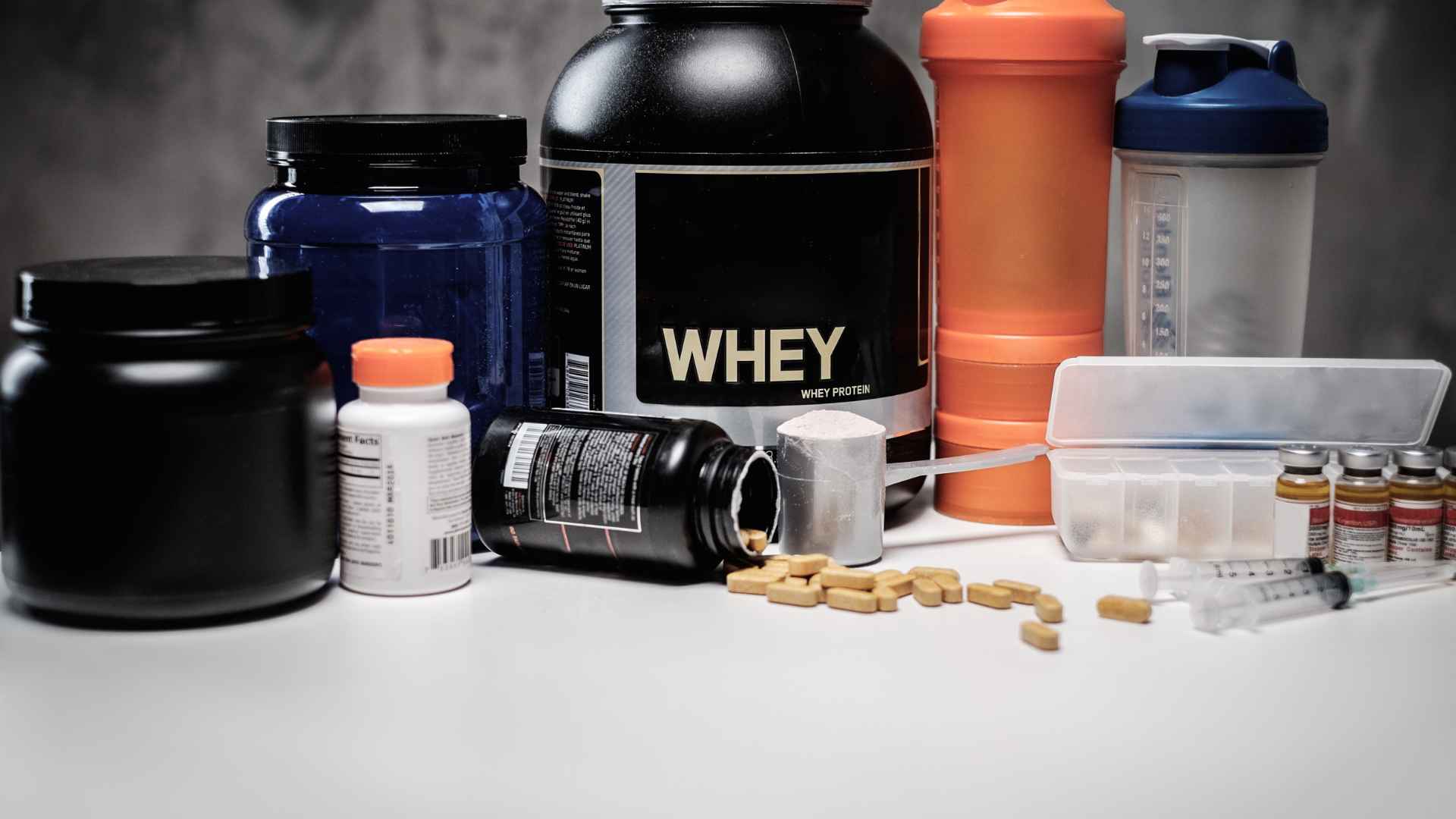
In conclusion, let’s recap the key points discussed in this article:
- Pre-workout supplements are popular among fitness enthusiasts for enhancing athletic performance and workouts.
- Scientific evidence regarding the direct link between pre-workout supplements and hair loss is limited and inconclusive.
- Ingredients commonly found in pre-workout supplements, such as caffeine and creatine, have not been definitively shown to cause significant hair loss.
- Lifestyle factors like stress, sleep, and nutrition play crucial roles in hair health and can interact with supplement use.
- Prioritizing a balanced lifestyle that includes proper nutrition, stress management, and adequate sleep is essential for promoting overall hair health.
- Anecdotal evidence and personal experiences should be approached with caution, as they have limitations and are not scientifically conclusive.
- Consulting with healthcare professionals or registered dietitians can provide personalized guidance based on individual circumstances.
While individual experiences may vary, it is important to focus on overall wellness and make informed decisions regarding supplement use and lifestyle choices. If you have concerns about hair loss or wish to make any changes to your diet or supplementation routine, it is advisable to consult with healthcare professionals or registered dietitians who can provide tailored advice and support.
Remember, maintaining a balanced lifestyle and seeking professional guidance are essential for promoting hair health and overall well-being.
Please share this Does Pre-Workout Supplements Cause Hair Loss? Guide with your friends and do a comment below about your feedback.
We will meet you on next article.
Until you can read, Does Iron Deficiency Cause Hair Loss: What You Can Do